Behind the scenes of Ski Sunday
Graham Bell's Speed Freaks column goes behind the scenes of Britain's well-loved TV show
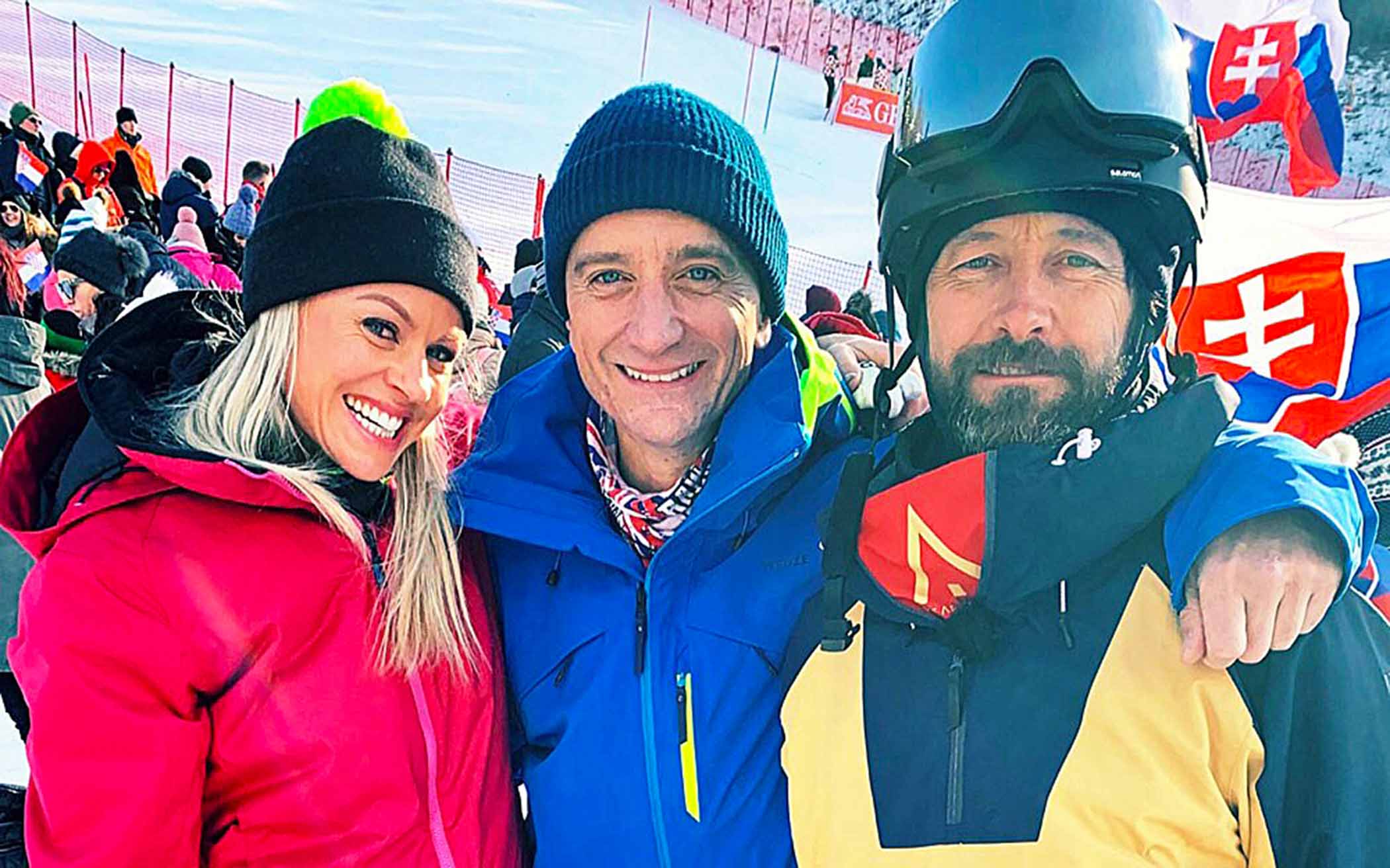

Ski Sunday is an anomaly. Name one other minority sport in the UK that has its own primetime show on the BBC? There’s no ‘Surfing Saturday’ or ‘Fencing Friday’ that’s for sure. Launched in January1978, and given the perfect time slot for wintery Sunday evenings, Ski Sunday soon found a place in British hearts.
Nostalgia and a great theme tune, however, are not enough to keep a programme going for 45 years, so how has it adapted to survive?
In the early days, presenter David Vine plus a producer and cameraman would fly out to the World Cup races mid-week to shoot interviews and links. David would then commentate the Downhill from the finish area on Saturday, before the team flew back to London. The tapes would be brought to the BBC TV centre to edit before being broadcast on Sunday evening.
That process continued throughout all my ski racing career; my debut on the show, in Wengen 1984, involved me almost crashing off the last jump and shouting the F-word at full volume. David took great delight in telling me that Ross Archer, the VT editor, beeped it out.
Editing with tapes was an art form rather than a science, as there could be no corrections. Ross was particularly fond of a crash music montage, and my favourite featured a particularly dangerous race in Val Gardena cut to Hall & Oates’ Maneater.
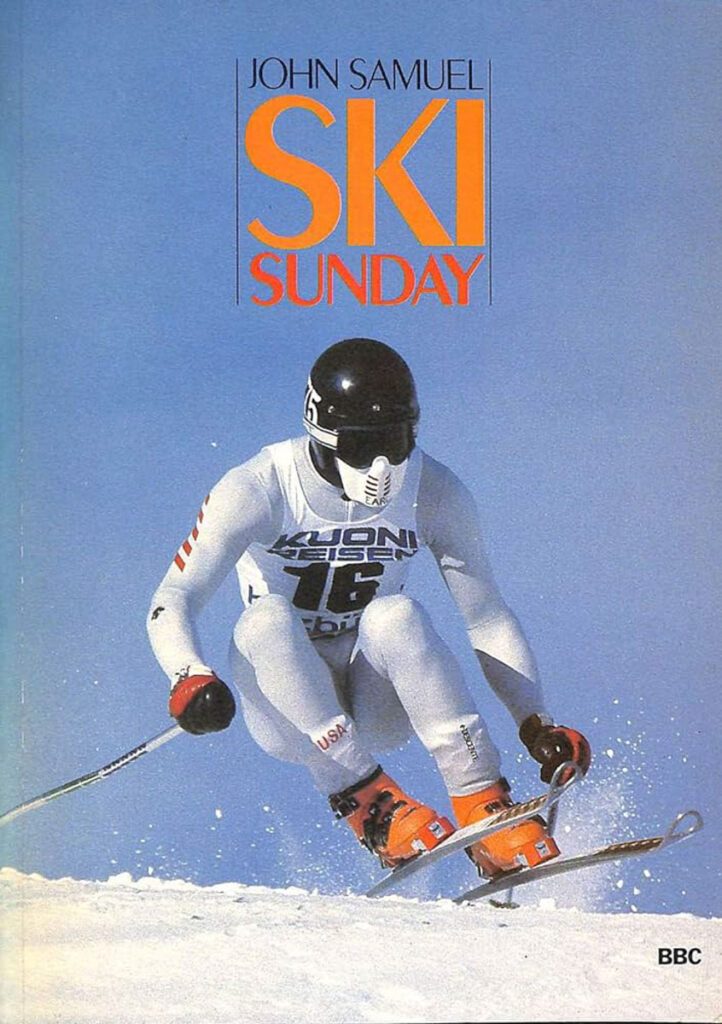
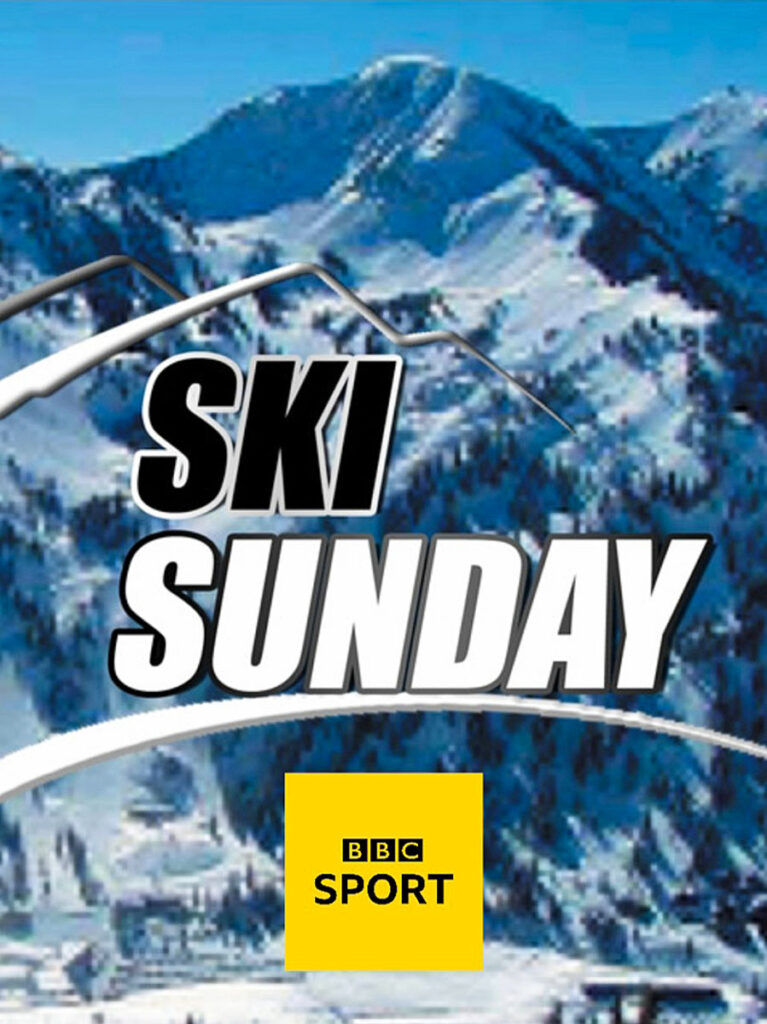
Into the 21st century, and video tape gave way to memory cards and digital editing. Dave Horwell started as VT editor in 2008 and has become one of the longest-serving members of the team.
In 2011, when BBC Sport moved from London to Manchester, Dave went to extraordinary lengths to protect the Ski Sunday archive – even going as far as hiding a hard-drive under his bed.
In 2012,Ski Sunday moved to cutting the whole show on location, which meant two VT editors either sharing an apartment or taking adjoining hotel rooms with cables running between them. I remember being told: “Do not unplug the Unity!” I’m not sure what the machine did, but its plug was always gaffer-taped to the power socket.
On screen, Dave brought a fresh style to the show, and particularly enjoyed sifting through ski athletes’ social media channels for interesting clips to use in the pre-run vignettes. But, of course, a VT editor is only as good as the footage supplied by the cameraman…
Stuart Fitzsimmons competed in the 1976 Winter Olympic Games and, upon retiring, moved to behind the screen, becoming a Ski Sunday cameraman in 1984. He was famous in the ski industry on many fronts, but most notably when he chased Alberto Tomba down a World Cup Slalom in Val d’Isère in 1992. Tomba placed a lowly seventh and blamed Fitzi for putting him off.
I started working for Ski Sunday in 2000, with Jon Lord as cameraman. Lordy (as he was known) was a keen rower and fit enough to lug the heavy gear around the mountains. Keith Wade replaced Lordy a couple of years later. Wadey, a no-nonsense Yorkshireman, was lead cameraman for our Ski Sunday spin-off, High Altitude, in 2009.
Another key member in the production team was New Zealander Chris Kirkham, who first worked on the show as the tracking camera operator for the opening titles filmed in Queenstown in 2006. Nicknamed ‘Zoid’, Kirkham used a much lighter kit than the bulky Digibeta cameras used by his predecessors and, most importantly, he could keep up with Ed and me on his snowboard. A skilled horse rider, Zoid starred as a Wraith Rider in the Lord of the Rings films, which sparked his interest in cinematography.
Over the years, all the filming kit has become lighter and easier to use, with battery-powered LED lights and off-board sound recorders. GoPro replaced my old bullet cameras, with recorder packs for my pre-race course runs, and drones have now replaced helicopters.
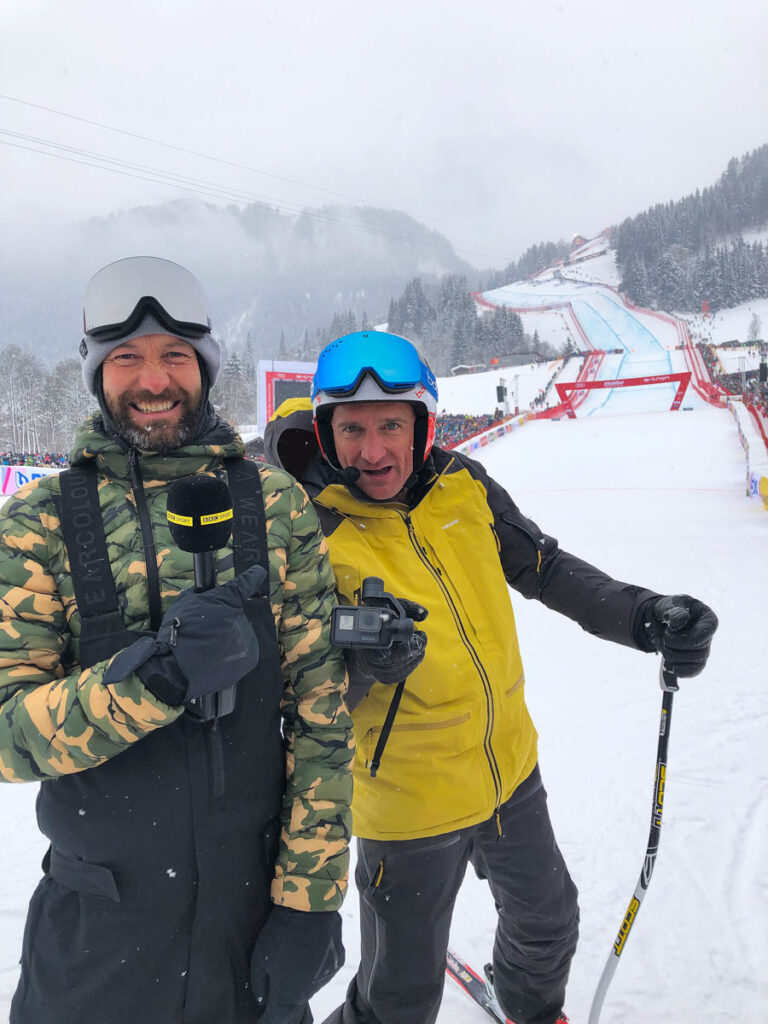
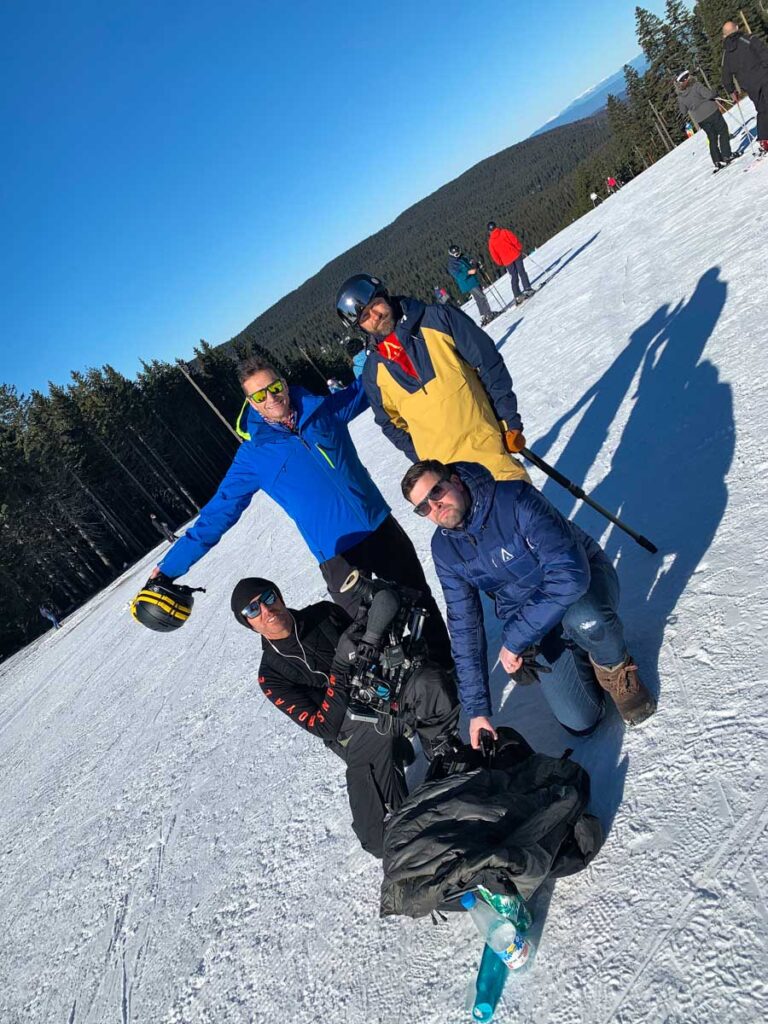
The final word should go to the producers who have steered the Ski Sunday ship over the years. Gabby Cook took over the reins in 2001, when Hazel Irvine presented the show and chose to bring Ed Leigh in to co-present the show with me after the 2006 Olympic Games. She also secured extra funding to make Ski Sunday a complete winter sports magazine show, and was the brains behind High Altitude.
Chris Grubb led the team for four years leading up to Sochi in 2014, and significantly increased our coverage of Freestyle and Snowboarding in line with the success of Jenny Jones and James Woods. John Nicholson was the boss for the last nine seasons, but left the BBC last spring for greener pastures.
Under John’s leadership, the presenting team increased to include Chemmy Alcott, Tim Warwood and Aimee Fuller, as well as Jenny Jones, and more recently Woodsy, and the show became more inclusive, endorsing snowsport accessibility for everyone.
John’s successor, Tom Butt, has worked on the show since 2015 and knows the challenges that the programme can face filming outdoors in the mountains. Unfortunately, his biggest challenge this season comes in the form of a very chunky budget cut, delivered by the BBC top brass. The show, however, will go on – and it won’t be long before Pop Looks Bach (the Ski Sunday theme tune) is ringing out again on our TV screens.
Ski Sunday runs January—February – for updates, and to watch the latest episode, visit BBC.